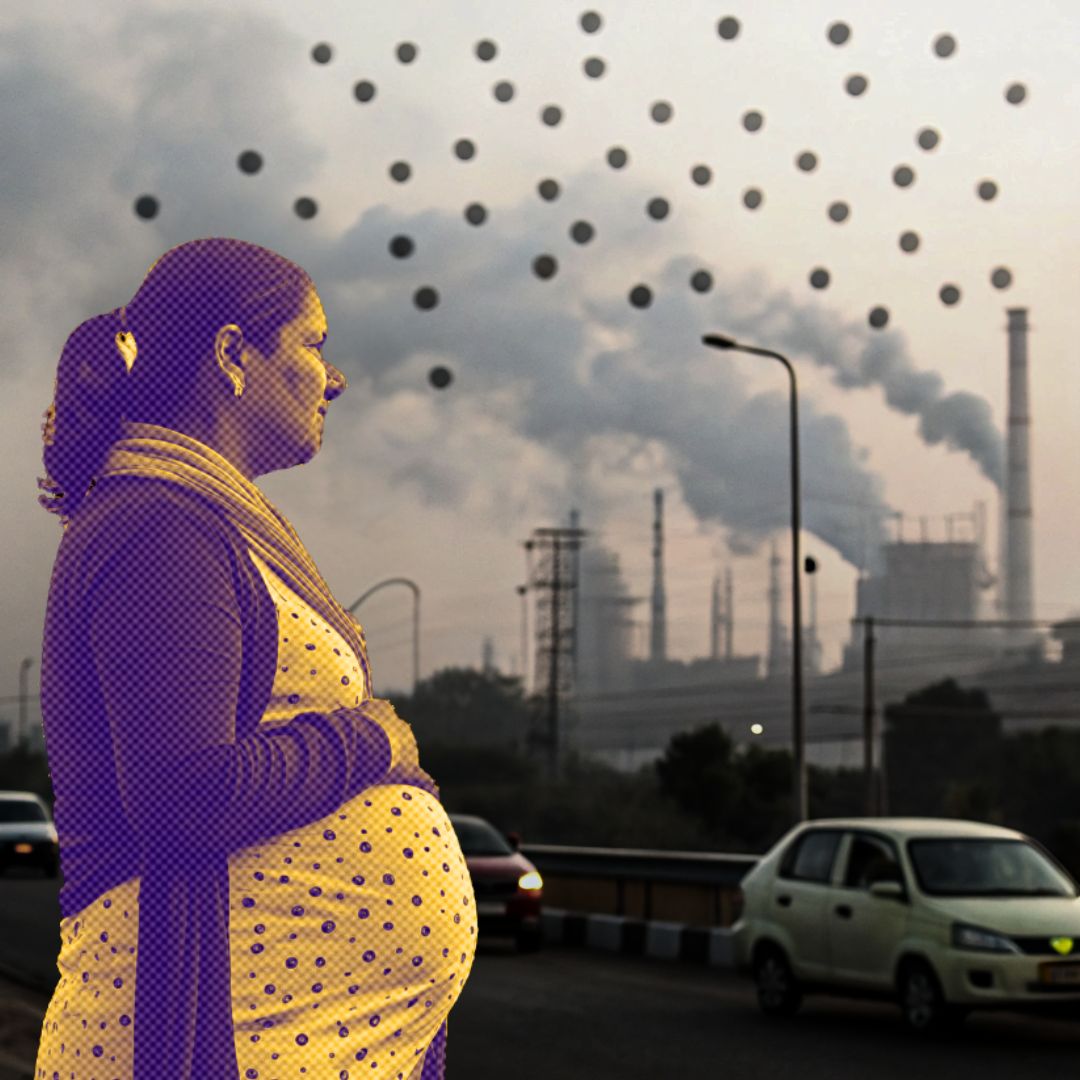A recent study published in Science Advances reveals that exposure to PM2.5 pollution significantly increases the risk of pregnancy complications, including preterm birth and low birth weight, due to heightened inflammation levels in pregnant women. Experts urge policymakers to implement stricter air quality regulations and recommend that expecting mothers take proactive measures to minimize their exposure to pollutants.
Health Risks Amplified by Pollution
The study, led by researchers at Harvard University’s School of Public Health, highlights how exposure to PM2.5—particulate matter smaller than 2.5 micrometres—can disrupt the normal balance of immune response genes in pregnant women. This disruption can lead to increased inflammation, which is associated with adverse birth outcomes such as low birth weight and preterm birth. Dr. Youn Soo Jung, a co-author of the study, emphasized, “Our findings highlight the importance of minimising air pollution exposure in pregnant women to protect maternal and foetal health.” The study underscores the urgent need for policy interventions aimed at improving air quality.
Broader Scope of Adverse Outcomes
In addition to preterm birth and low birth weight, research indicates that high levels of PM2.5 and PM10 are linked to gestational diabetes and developmental delays in infants. Dr. Rajeev Agarwal, a fertility specialist, pointed out that pollutants like nitrogen dioxide (NO₂) and polycyclic aromatic hydrocarbons (PAHs) are also associated with congenital anomalies and increased neonatal mortality rates. With cities like Delhi experiencing PM2.5 levels up to 15 times higher than safe limits set by the World Health Organization, the risks for expecting mothers are alarmingly high.
Indoor Air Quality Concerns
The impact of indoor air pollution is another critical factor for pregnant women. Many spend significant time indoors where pollutants can accumulate. Experts recommend using high-efficiency particulate air (HEPA) filters and ensuring proper ventilation to reduce indoor pollution levels. Additionally, avoiding exposure during high pollution days is crucial for safeguarding maternal health.
Expert Advice for Expecting Mothers
Given the serious implications of air pollution on pregnancy, experts advise expecting mothers to take proactive steps to minimize their exposure:
1. Stay Indoors During High Pollution Days: Monitor local air quality reports and limit outdoor activities when pollution levels are elevated.
2. Use Air Filters: Invest in HEPA filters for home use to improve indoor air quality.
3. Maintain Clean Indoor Environments: Regularly clean dust and allergens from your home and avoid using harsh chemicals.
4. Wear Masks Outdoors: Consider wearing masks designed to filter out particulate matter when going outside on polluted days.
5. Consult Healthcare Providers: Discuss concerns about air quality with your doctor or midwife for personalized advice and strategies.
Contextualising the Findings
This study builds on a growing body of evidence indicating that environmental factors significantly impact maternal and infant health. Previous studies have shown similar correlations between air quality and adverse pregnancy outcomes, but this research provides new insights into the biological pathways involved. The World Health Organization has reported that air pollution is a leading cause of preventable deaths globally, particularly among pregnant women and infants.
The Logical Indian’s Perspective
At The Logical Indian, we believe that safeguarding the health of mothers and their children is paramount. The alarming findings of this study highlight an urgent call for action from policymakers to address air pollution as a public health crisis. As we strive for a healthier environment, how can we collectively advocate for cleaner air and better health outcomes for future generations? We invite our readers to share their thoughts and engage in this vital conversation.











